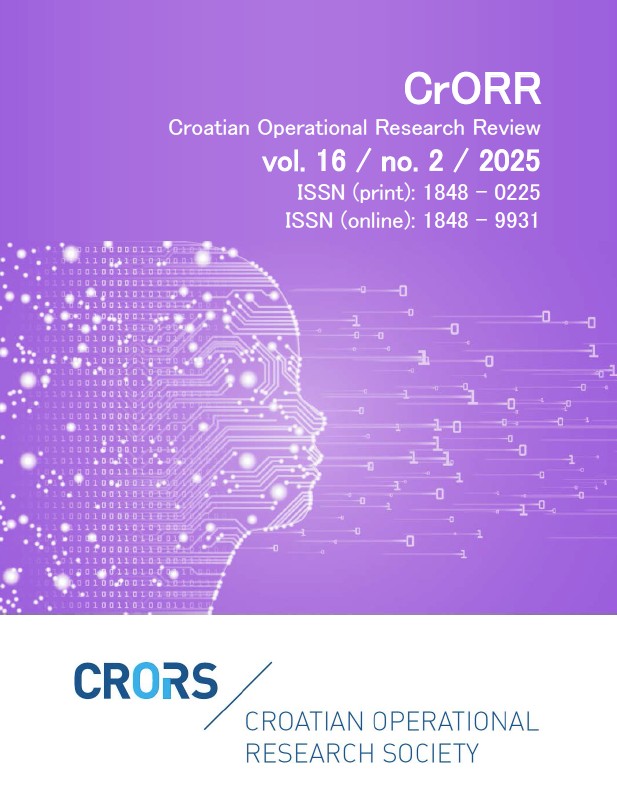Going concern prediction – A horse race between traditional and regularization machine learning models
Abstract
Regularization machine learning (ML) methods have been increasingly applied in accounting research, offering new possibilities in predictive modeling. Their forte lies in the effective regularization methods for resolving the biggest concern of generalization, which is the risk of overfitting the training data. While these sophisticated methods are known to outperform traditional regression approaches in large and balanced datasets, this may not be the case when facing imbalanced and small datasets. Moreover, model validation is also challenging in such settings because traditional performance measures, such as prediction accuracy, may be misleading. We address this problem by comparing two traditional and five regularization-based methods in predicting going concern uncertainty (GCU) on the sample of listed companies in Croatia. We take caution when evaluating the models due to class-imbalanced problems and include different classification performance measures, as well as calibration of the models to account for their uncertainty. As expected, no model performs best across all evaluation criteria, but regularization methods are better calibrated. Given our results, we suggest that model selection should consider the results of the model calibration, a combination of different performance metrics, and the economic impact of the statistical performance of the model, if feasible.
Downloads
Published
Issue
Section
License
- Authors retain copyright and grant the journal right of first publication with the work simultaneously licensed under a Creative Commons Attribution License that allows others to share the work with an acknowledgement of the work's authorship and initial publication in this journal
- Authors are able to enter into separate, additional contractual arrangements for the non-exclusive distribution of the journal's published version of the work (e.g., post it to an institutional repository or publish it in a book), with an acknowledgement of its initial publication in this journal.
- Authors are permitted and encouraged to post their work online (e.g., in institutional repositories or on their website) prior to and during the submission process, as it can lead to productive exchanges, as well as earlier and greater citation of published work (See The Effect of Open Access).


